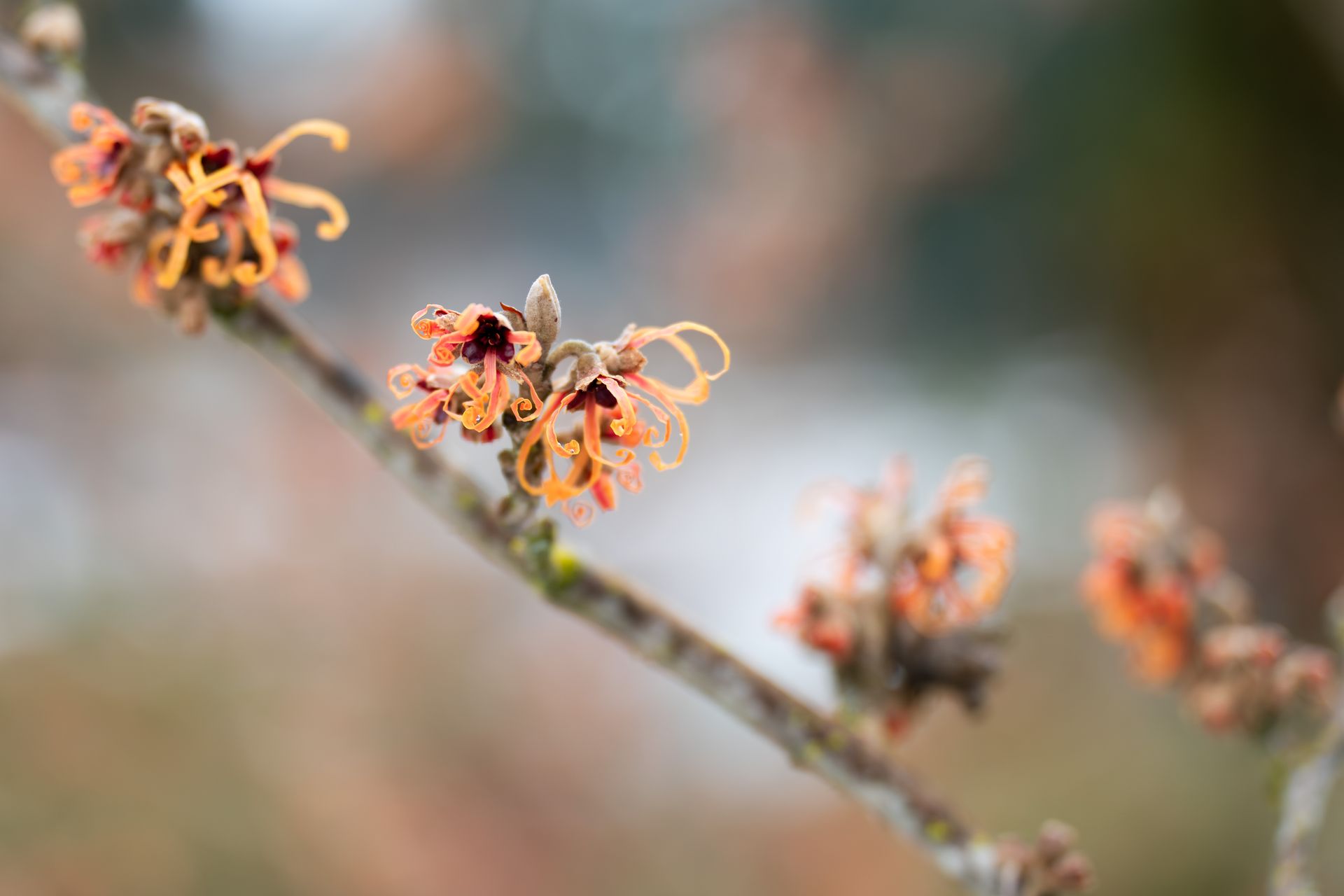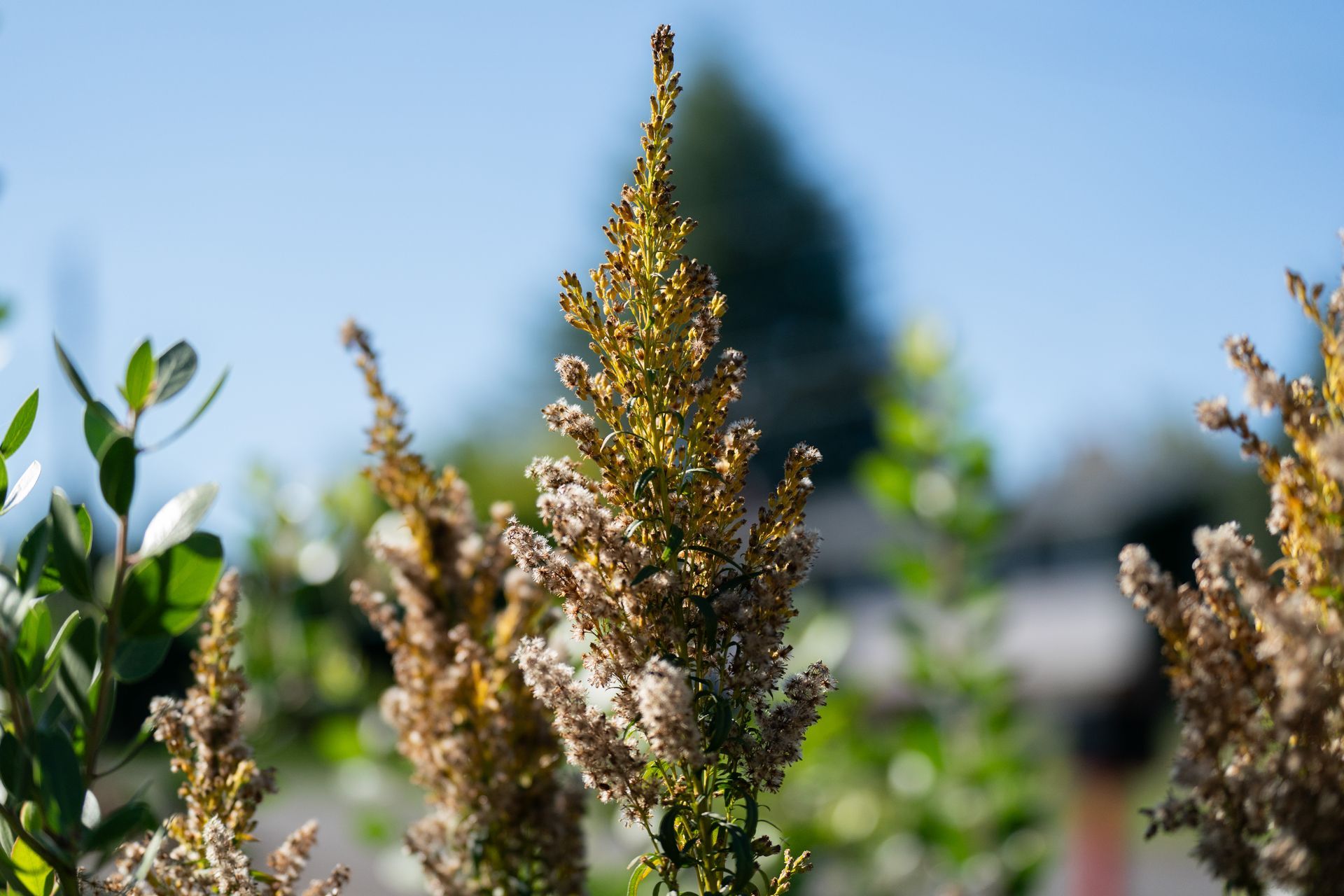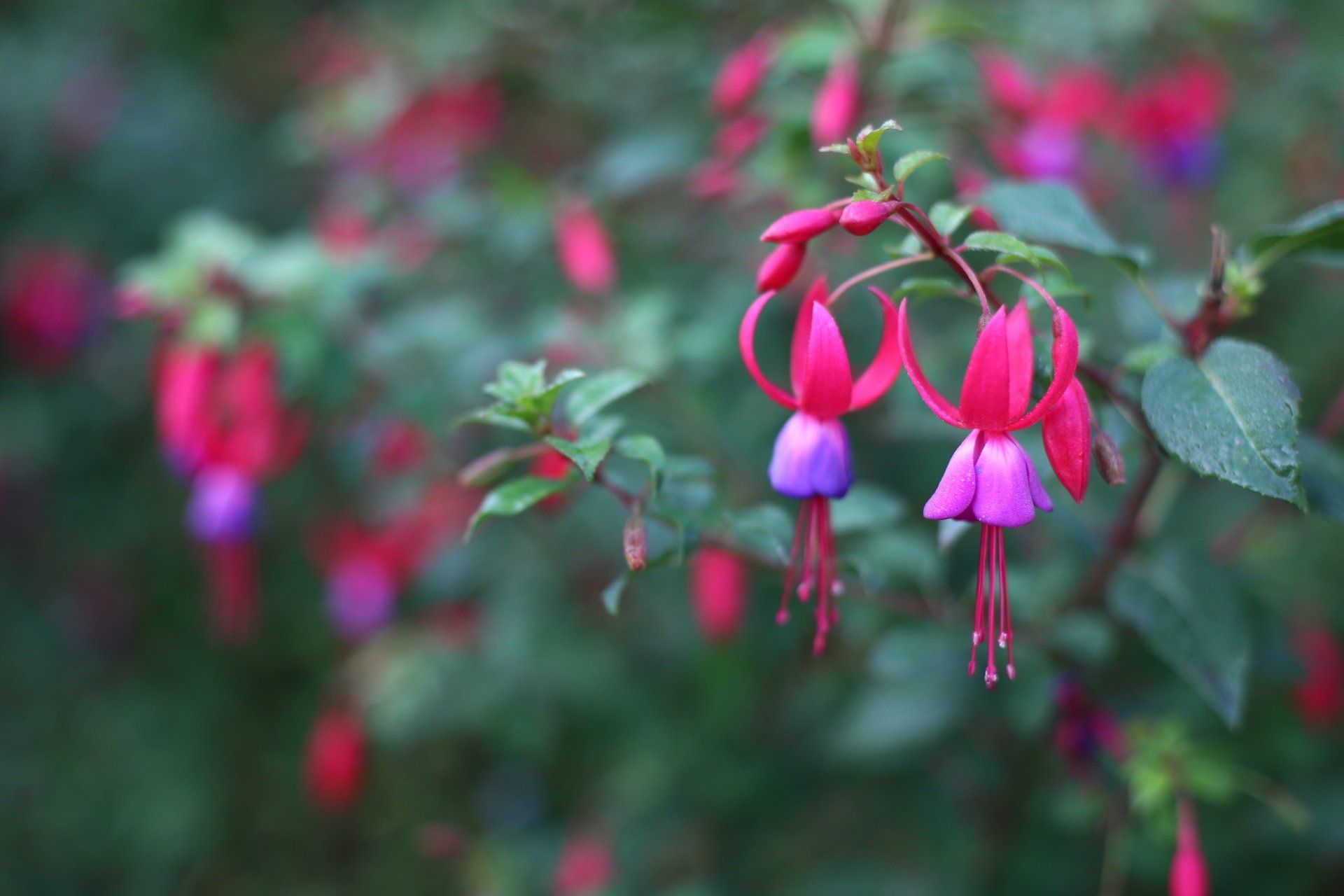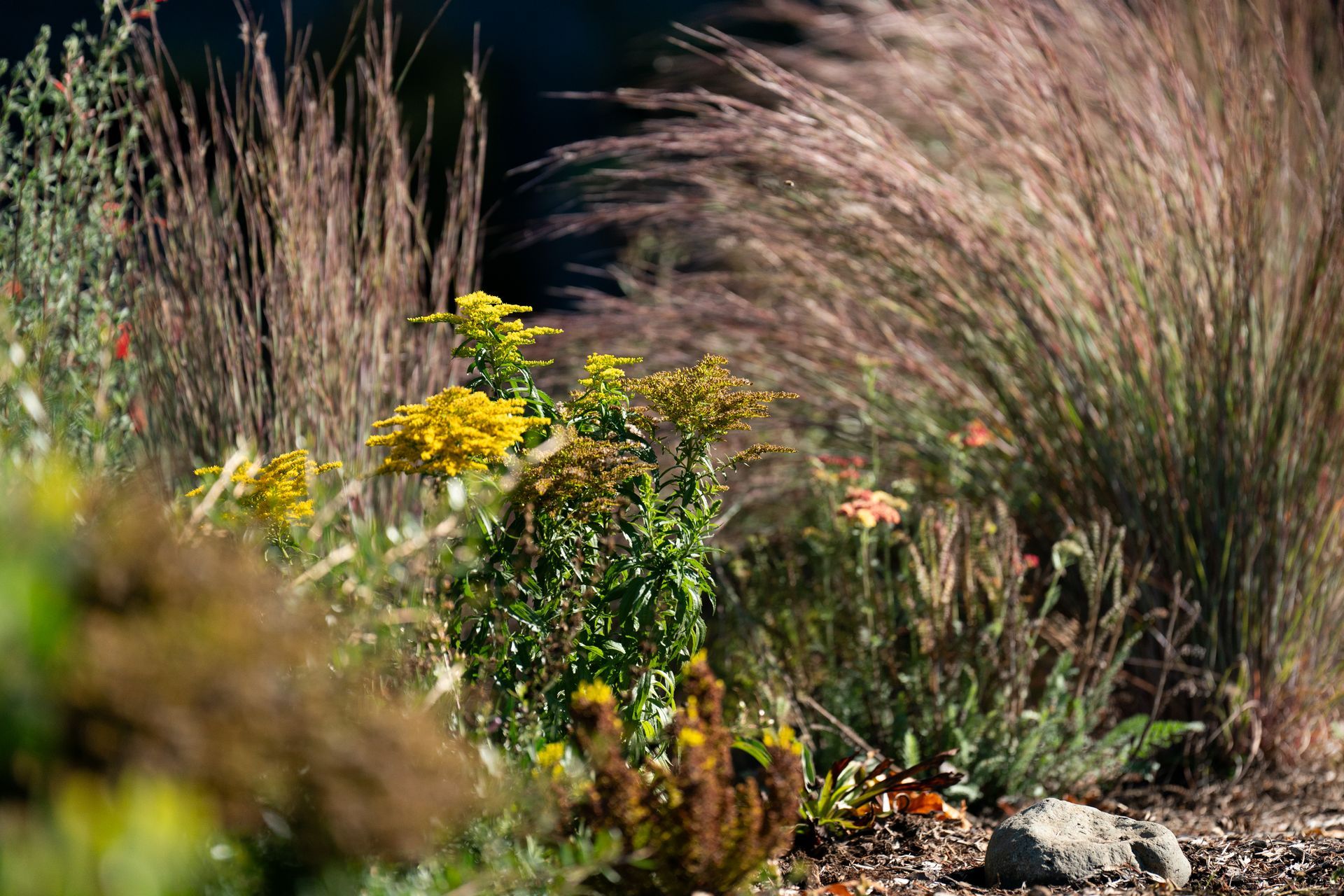Getting Grounded
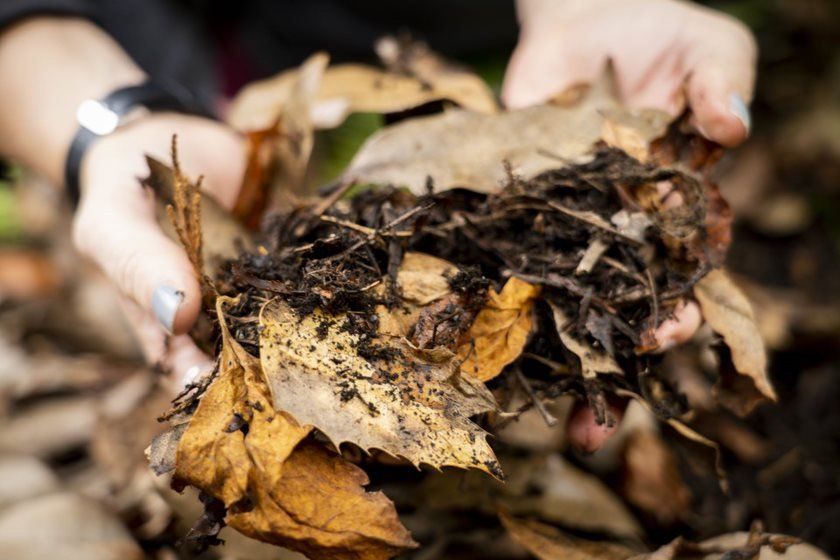
“My husband is trying to kill me.” I had no response. All I could do was sit, wide eyed, and pass a box of tissues over to the sobbing woman as my coworker calmly walked her through the intake form. It was the summer after my junior year of university, and the first day of my internship at a local nonprofit was off to an interesting start. Over the next few months many people would pass through the chair in front of me. Some would be old acquaintances; others—strangers. There’d be senior citizens, small children, homeless, hungry, injured, fearful—all connected by a deep level of desperation. My experiences there forever changed both how I view the community I was raised in and the perception I have of poverty in the United States. Every weekend that summer I would pile into my “vintage”, 1990 Honda Accord and speed along the old country roads south of Salem to my grandparents’ farm. I would spend two days there under the Oregon sun, digging in the bright red Rosedale dirt. It was during those weekends of gardening that I was able to make peace with all the difficult things I saw each week—not forget or numb them, but accept the reality of those hard things and find a way to go back to work on Monday.
Little did I know that five years later I would, again, find solace in gardening. This time I would be processing my own personal tragedy—struggling to come to peace with the unique heartbreak and sense of grief that divorce brings. As I worked alongside my coworkers at Winterbloom and listened to their stories, I began to realize that I was not the only one who took comfort in gardening.
While there is ongoing research on both the physical and mental health benefits of gardening, much of the evidence is still anecdotal as it can be difficult to quantify experiences. In keeping with that, the following is my personal, anecdotal evidence for the benefits of gardening.
In our technology-dominant world, time spent immersed in and tending to nature brings a sense of grounding and reality to my life. It bestows on me a sense of ownership and place akin to knowing where every road in my hometown leads. Being knowledgeable of the plants and ecosystems around me makes me feel like I belong. When I recognize a plant in an unknown place it’s like seeing the familiar face of an old friend, and it gives me an automatic sense of connectedness.
Gardening reminds me that good things take time. A beautiful garden isn’t grown in a day, it’s formed over years. In a world where almost anything I want is available at the click of a button (with two-day shipping) the reward that comes with waiting has a new significance and is all-the-more precious. Cultivating a piece of land is like a relationship—it takes time, a variety of circumstances and shared experiences to create something rich and abundant.
It creates community. When people find out what I do for a living their faces often light up—almost everyone has a plant question. Whether it’s an in-depth discussion about soil PH or expressing exasperation over killing a cactus from overwatering, it’s a topic where everyone has an experience to share—however small.
Gardening teaches me acceptance and resiliency. Things often happen that are out of our control—storms happen, freezing rain pours down, trees fall, deer eat things, bunnies eat things, bugs eat things, or, as happened to a recent client of mine, you come home from vacation to find a car in your hedge. When we create places we love in nature, we must be accepting when these things happen and figure out the best response. Often there is no one to blame (except the deer, I always blame the deer) and we simply move on. However, even when plants have been crushed, snowed on, hacked back and, yes, munched on, they prove time and time again to be incredibly resilient. I am often surprised and amazed at how well my garden survives my shenanigans; how forgiving plants are when I chop them, move them or leave them unprotected for those greedy deer to wreak havoc on.
At a time when our relationship with our environment is crucial, we must remember that it is a mutually beneficial relationship. We need to be responsible and take care of the world around us because it takes care of us, too. And during this holiday season, when you feel stressed out and overwhelmed, might I suggest bundling up, braving the Oregon drizzle and finding a weed or two?
